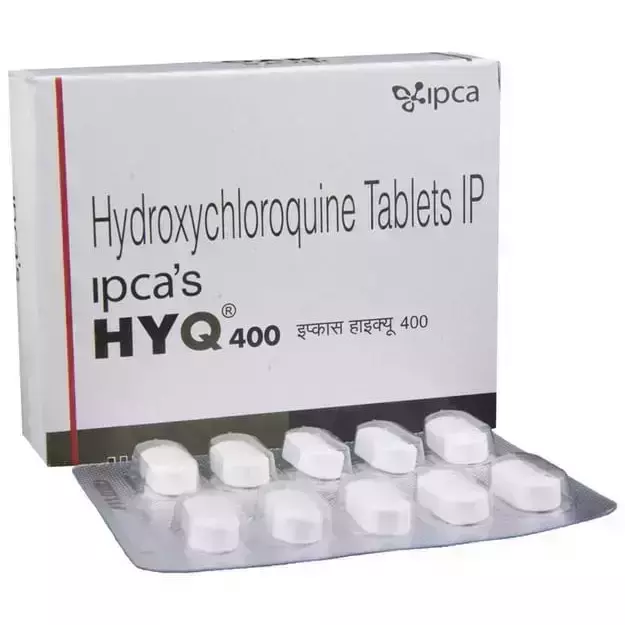Queenolar 300 Tablet is a prescription drug, available for use as Tablet. Primarily, it is used for the treatment of Malaria, Cerebral Malaria. The alternative uses of Queenolar 300 Tablet have also been explained below.
The optimal dosage of Queenolar 300 Tablet is largely dependent on the individual's body weight, medical history, gender and age. The condition it has been prescribed for, and the route of administration also determine the right dosage. Refer to the dosage section for a detailed discussion.
While these are the most often observed Queenolar 300 Tablet side effects, there are can be others also. These have been listed below. Usually, these side effects of Queenolar 300 Tablet go away soon, and do not persist beyond the duration of the treatment. Consult your doctor if these side effects become worse or stay for a longer duration.
Queenolar 300 Tablet's effect during pregnancy is Severe and Mild while nursing. It is important to know if Queenolar 300 Tablet has any effect on the kidney, liver and heart. Information on such adverse effects, if any, has been given in the Queenolar 300 Tablet related warnings section.
Queenolar 300 Tablet can cause adverse effects in certain medical conditions. It is strongly recommended to avoid Queenolar 300 Tablet in conditions like Myasthenia Gravis (MG), Bradycardia (Slow Heart Rate), Drug Allergy. Other conditions have been mentioned below in the Queenolar 300 Tablet contraindications section.
Besides this, Queenolar 300 Tablet may also have severe interaction with some medicines. Refer to the list below for further details.
In addition to the above precautions for Queenolar 300 Tablet, it is important to know that it is safe while driving, and is habit-forming.
X












